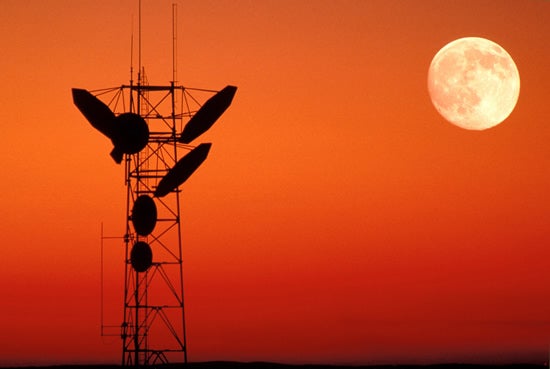Radio Free Europe/Radio Liberty Targeted in Internet Attack
Helle Dale /
The vulnerability of the Internet as a journalistic tool has been illustrated again this month with an ongoing distributed denial-of-service attack on Radio Free Europe/Radio Liberty (RFE/RL) in Prague.
Computers at the U.S.-funded broadcasting services, which reach audiences in the Middle East and the former Soviet Union, have been disrupted for the past two weeks and flooded with hundreds of thousands of hits daily, slowing down their websites and internal communications. It is a primitive but effective type of cyber attack.
But it is not just RFE/RL that has felt the consequences. Their content system also supports Voice of America, Middle East Broadcasting, and the Office of Cuban Broadcasting services throughout the world, and these networks have been affected as well.
“It is stark evidence of the challenges that confront the free dissemination and exchange of information in this age,” said RFE/RL president and CEO Kevin Klose.
The cyber attack comes at a time when strategic planning for U.S. International Broadcasting continues to move toward growing reliance on the Internet for news distribution, either in the form of websites for individual language services or as Internet radio. Cuts in radio services have been going on for years, despite mandates from Congress to keep broadcasting in strategically important languages.
At its most recent board meeting, the Broadcasting Board of Governors (BBG) voted to establish a select committee to study the future of radio. Radio, especially shortwave radio, has been regarded by BBG management as an outdated technology, a 20th-century holdover. This select committee should be tasked with studying all the technological advances in the realm of radio broadcasting as a complement to Internet and satellite television.
The technological gap that persists between the developed and the developing world dictates that a range of technologies have to be maintained if we are serious about maintaining global broadcasting capability.

